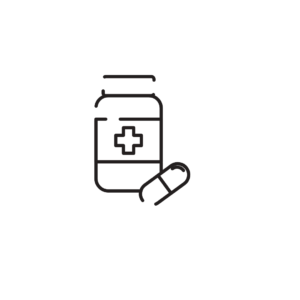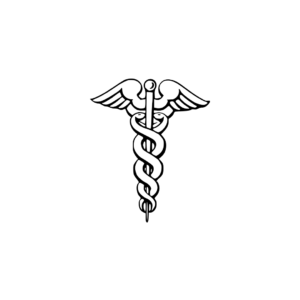Description
Overview of Master in Public Health (MPH)
A Master in Public Health (MPH) is a graduate-level degree designed to equip students with the knowledge and skills needed to address public health challenges and promote community health. Public health encompasses a wide range of activities aimed at improving health outcomes and preventing diseases through organized efforts and informed choices of society, organizations, public and private sectors, communities, and individuals.
Core Areas of Study in MPH
Epidemiology
Study of the distribution and determinants of health-related states or events in specified populations. It provides the foundation for understanding public health issues.
Biostatistics
Application of statistical methods to analyze public health data, which supports decision-making based on quantitative research.
Environmental Health
Exploration of how environmental factors impact human health. This includes study areas such as air and water quality, pollution, and exposure to hazardous substances.
Health Policy and Management
Examination of health care systems, health policies, and management strategies to improve health services and access.
Social and Behavioral Sciences
Focus on the social and behavioral factors that influence health and disease, including health education, health promotion, and community engagement.
Global Health
Analysis of health issues that transcend national borders and require international collaboration, addressing diseases, nutrition, and health disparities worldwide.
Public Health Practice
Emphasis on practical applications of public health principles through internships, field experiences, or community projects.
Curriculum Structure
While specific curricula may vary by institution, a typical MPH program generally includes:
Core Courses: Foundational courses covering epidemiology, biostatistics, environmental health, health policy, and social/behavioral health.
Elective Courses: Specializations in areas like nutrition, infectious disease, maternal and child health, emergency preparedness, or health informatics.
Practical Experience: A required internship or practicum that provides hands-on experience in public health settings, allowing students to apply theoretical knowledge in real-world situations.
Capstone Project: A final project or thesis that integrates learning and applies skills to a specific public health challenge or research question.
Admission Requirements
Admission to an MPH program typically requires:
A bachelor?s degree from an accredited institution.
A strong academic record.
Letters of recommendation.
A statement of purpose outlining the applicant’s interest in public health and career goals.
Relevant work or volunteer experience in health or related fields (often preferred but not always required).
Skills Developed in an MPH Program
Graduates of MPH programs develop a range of skills, including:
Analytical Thinking: Ability to analyze complex health data and identify trends and patterns.
Communication Skills: Proficiency in conveying public health information effectively to diverse audiences, including policy-makers and the public.
Leadership and Management: Skills to lead public health initiatives, manage teams, and implement health programs.
Cultural Competence: Understanding the cultural contexts influencing health behaviors and beliefs, leading to more effective communication and interventions.
Research and Evaluation: Ability to design, conduct, and evaluate public health research and programs.
Career Opportunities
MPH graduates can pursue careers in various sectors, including:
Public Health Agencies
Positions in local, state, or federal health departments focusing on disease control, health promotion, and policy development.
Non-Governmental Organizations (NGOs)
Working on global health initiatives, health education, and community development projects.
Hospitals and Healthcare Organizations
Roles in health administration, quality improvement, and public health research.
Research Institutions
Conducting studies on public health issues, epidemiology, and health behavior.
Academic Institutions
Teaching or conducting research in public health-related fields.
Consulting Firms
Providing expertise on public health issues to organizations and governments.
Conclusion
A Master in Public Health (MPH) equips students with comprehensive skills and knowledge to tackle public health challenges and improve community health outcomes. The multidisciplinary focus prepares graduates for diverse roles within the public health field, making them vital contributors to enhancing health and well-being at local, national, and global levels. If you have further questions about MPH programs or specific aspects of public health, feel free to ask!









